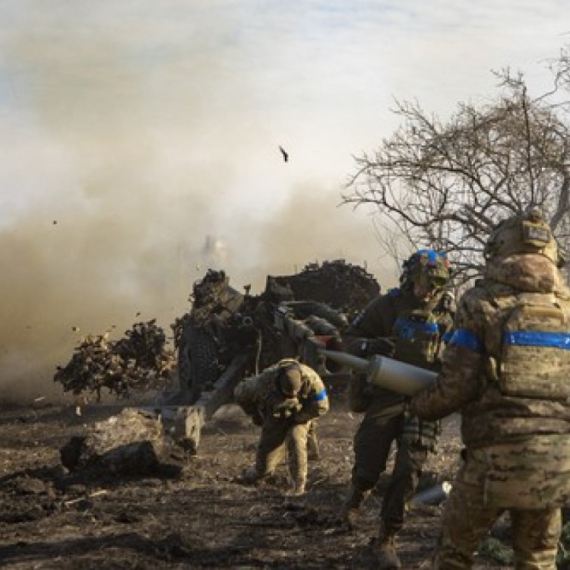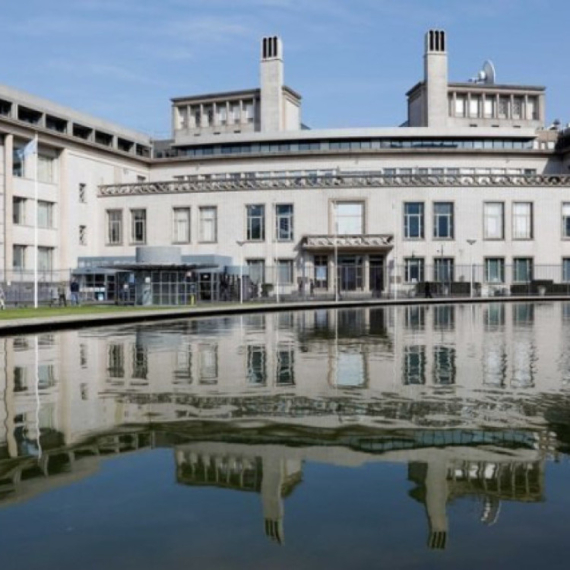Kosovo's uncertain future
According to a new study, the international community has failed miserably in Kosovo.
Monday, 12.03.2007.
16:44

Kosovo's uncertain future
But even if the council imposes a solution, the future of the province is far from rosy. That, at least is the conclusion reached by a Berlin think-tank this month, saying the international community is largely to blame for ignoring the realities in Kosovo.The planned "construction of a multi-ethnic society" has "failed" and does not exist "outside the bureaucratic statements of the international community," says the report, released by the Institute for European Politics (IEP) in Berlin.
Bleak prospects for Kosovo
But according to the Berlin report, if Western governments are hoping to resolve this final major dispute left from the bloody break-up of Yugoslavia, they may be disappointed.The analysis by the IEP, which specializes in studying European integration, is a scathing critique of the security situation and the future prospects for development in Kosovo.
The study, commissioned by the German army, says the European Union's security strategy for a future mission in Kosovo is "neither analytically nor conceptually sustainable."
The "false belief" in the blessing of independence is pushing "hopes for a leap in prosperity to unrealistic levels," it writes. Instead, any setback threatens to result in "serious unrest if not revolutionary-like upheavals."
The 124-page report blames the bleak prospects for the province's future on the UN administration, the NATO-led KFOR mission and the Europeans' "ostrich" policy. The study outlines mismanagement, corruption, organizational chaos and "organized crime gangs," which have infiltrated significant parts of the KFOR staff.
The role of the United States is also deemed counterproductive: The IEP accuses Washington of being involved in helping criminals to flee, "sometimes openly" hindering European investigations into war crimes and training former KLA fighters - an "obvious" breach of the UN resolution.
The think tank also berates Western governments for Kosovo policies that are "hesitant, inconsistent and inhomogeneous when it comes to significant issues." Instead of unsparingly taking stock of the situation, pressure to succeed from the highest political levels has created a "culture of systematically suppressing critical reports."
Demands in Germany to bring their troops home from Kosovo soon are also rejected by the report's authors. Such a move would go against the "obvious German interest in a sustainable stabilization of Kosovo."


























































Komentari 7
Pogledaj komentare